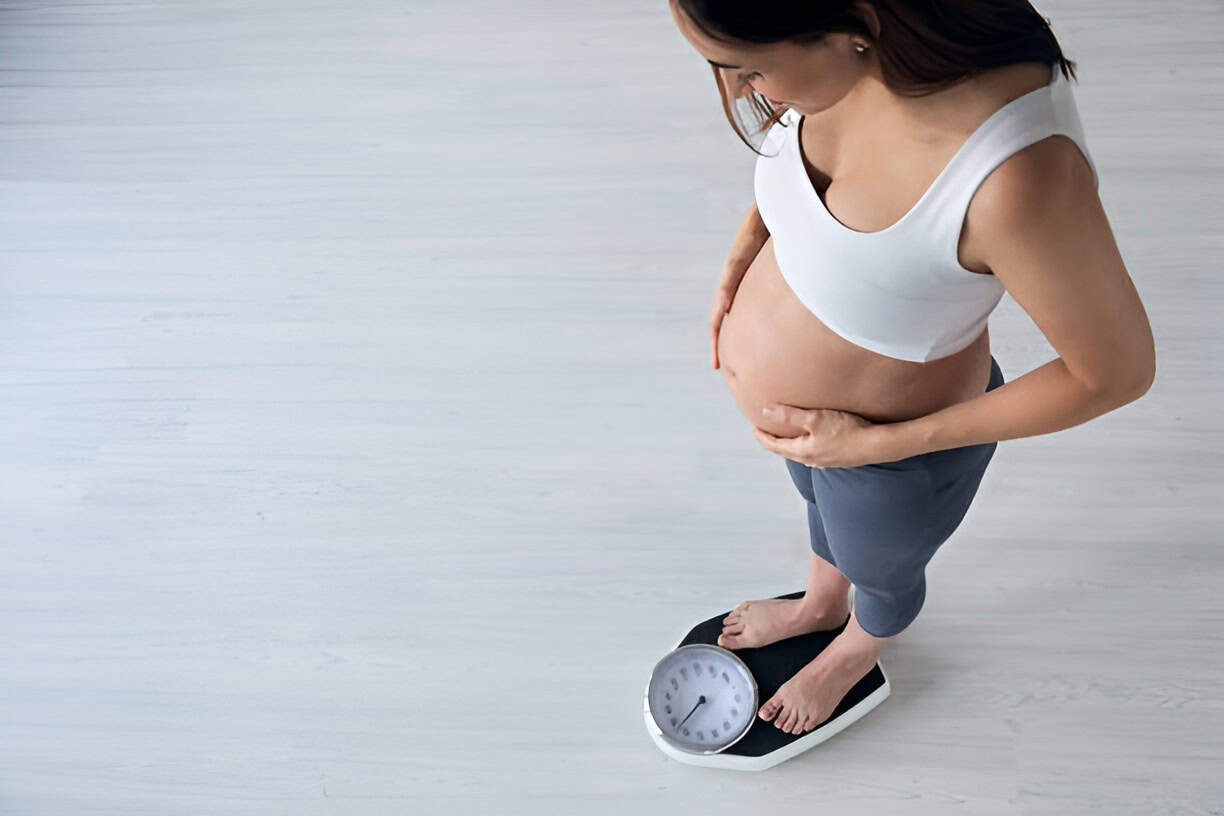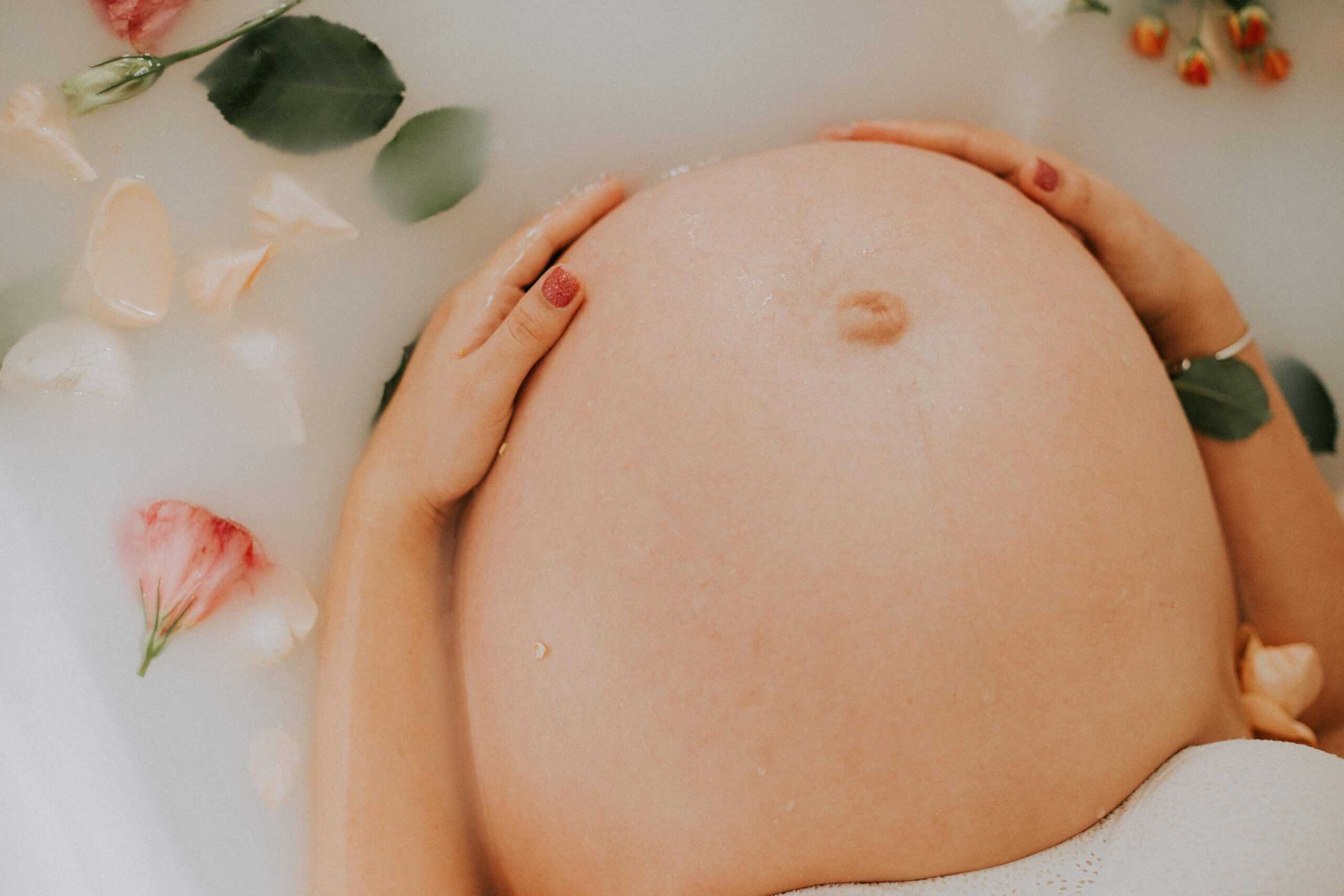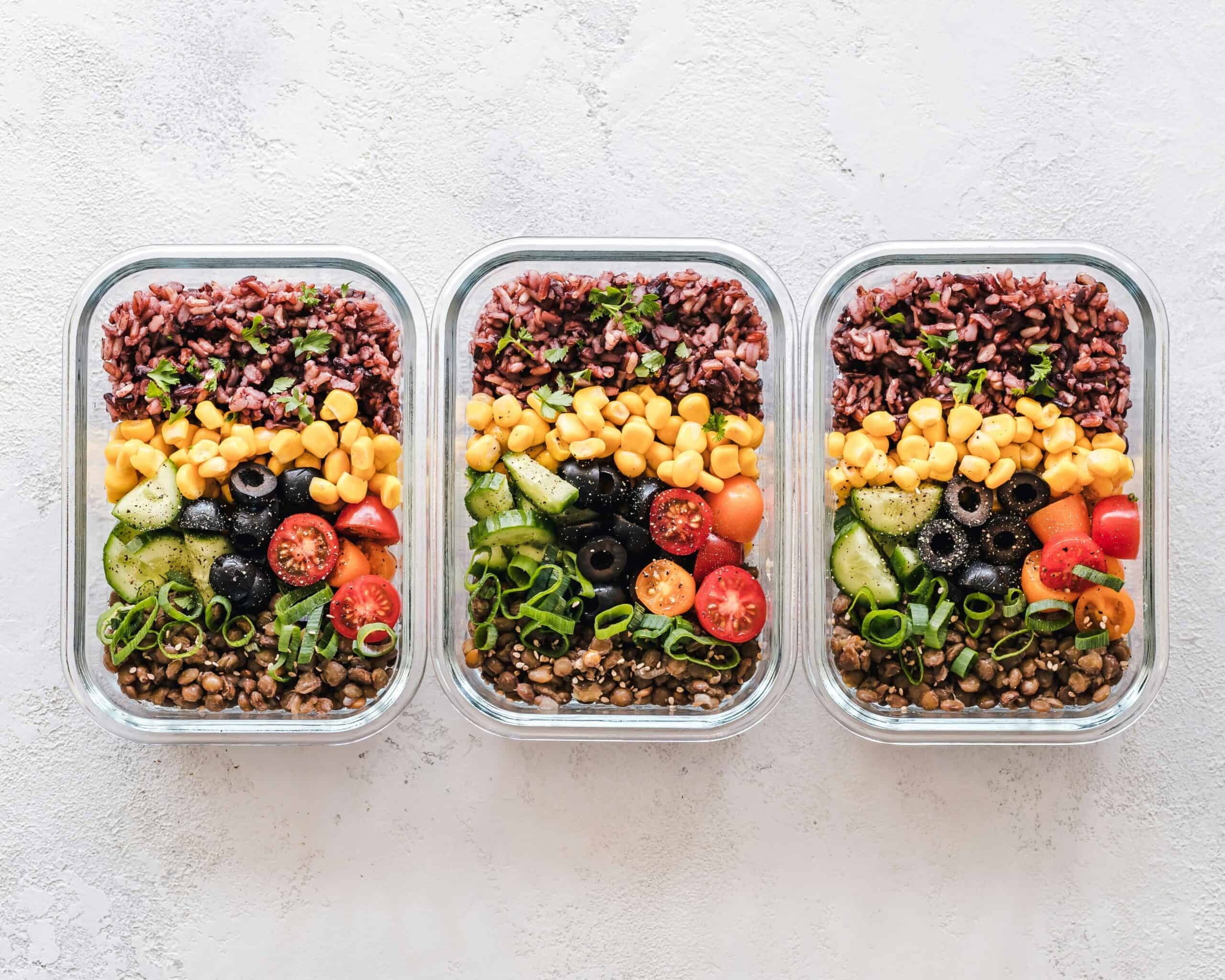Pregnancy Habits That Make Postpartum Recovery Smoother
The journey through pregnancy isn’t just about preparing for birth—it’s also about laying the groundwork for a smoother postpartum recovery. The choices you make during pregnancy can profoundly influence healing, energy levels, and emotional resilience after delivery. Proactive habits such as balanced nutrition, regular movement, and mindful self-care can ease the transition into motherhood. By prioritizing your well-being now, you can help minimize postpartum discomfort and enhance your overall recovery experience. Thoughtful preparation empowers you to care for both your baby and yourself.
1. Maintaining Consistent Prenatal Exercise

Engaging in regular, moderate exercise during pregnancy—such as walking, swimming, or prenatal yoga—can make a remarkable difference in postpartum recovery. Active pregnancies often lead to faster healing, improved muscle tone, and enhanced stamina after childbirth, compared to more sedentary ones. These benefits extend beyond the physical; movement during pregnancy has also been linked to better mood balance and reduced postpartum depression risk.
2. Prioritizing Hydration

Staying well-hydrated during pregnancy is essential for cellular repair, reducing swelling, and easing postpartum constipation. Using a water bottle with time markers can help you track your intake and build healthy habits that carry over into the postpartum period. Women who maintain strong hydration routines often find recovery smoother and energy levels steadier after birth.
3. Building a Balanced Diet Routine

A nutrient-rich diet featuring whole grains, lean proteins, healthy fats, and leafy greens is vital for preparing your body for postpartum recovery. These foods supply critical vitamins and minerals that promote wound healing, restore energy reserves, and strengthen your immune system. Mothers who maintain a balanced diet often experience faster recovery and better overall well-being after birth.
4. Practicing Pelvic Floor Exercises

Strengthening the pelvic floor through Kegels and similar exercises can greatly reduce the risk of postpartum incontinence and promote faster healing. Women who practice these exercises during pregnancy often experience better bladder control and pelvic support compared to those who skip them. Consistent pelvic floor work can also help prevent long-term complications.
5. Establishing a Consistent Sleep Schedule

Getting quality sleep during pregnancy can be challenging, but it’s crucial for regulating hormones, supporting immune function, and fostering emotional stability. Prioritizing a regular sleep schedule helps prepare your body for the demands of postpartum life, aiding in faster mood recovery and physical healing. Women who develop good sleep habits often report smoother postpartum adjustments.
6. Managing Stress Effectively

Embracing stress reduction strategies such as meditation, journaling, or prenatal massage can significantly enhance your pregnancy and postpartum experience. Effective stress management helps lower inflammation and anxiety levels, contributing to a calmer and more resilient recovery. Women who integrate these techniques are often better equipped to handle postpartum challenges.
7. Attending Prenatal Education Classes

Participating in prenatal education classes—covering topics like childbirth, breastfeeding, and newborn care—can make a significant difference in your postpartum experience. These classes provide practical knowledge and emotional support, boosting confidence and preparedness for life after birth. Mothers who attend prenatal classes often feel less overwhelmed and more empowered during the transition to parenthood.
8. Practicing Mindful Weight Gain

Following recommended weight gain guidelines during pregnancy offers significant advantages for postpartum recovery. Gaining the right amount of weight helps make post-birth weight loss and physical healing more manageable, reducing the risks associated with both excessive and inadequate gain. Women who track their weight with the support of healthcare providers often experience smoother recoveries.
9. Building a Support Network

Cultivating strong connections with family, friends, or support groups during pregnancy lays the groundwork for a smoother postpartum recovery. Having a reliable support network offers emotional encouragement, practical help, and reassurance during the early weeks after birth. Women with robust support systems are less likely to experience postpartum depression and tend to recover more quickly.
10. Practicing Perineal Massage

Regular perineal massage during the third trimester can significantly lower the risk of perineal tearing during childbirth and promote smoother postpartum healing. Women who incorporate this practice often report less pain and faster recovery compared to those who skip it. This simple habit can make a substantial difference in comfort and tissue resilience after delivery.
11. Learning About Postpartum Recovery in Advance

Educating yourself about postpartum recovery—through books, online resources, or workshops—can greatly improve your confidence and reduce anxiety after delivery. Understanding what to expect, from physical changes to mental health challenges, helps you feel better prepared and less overwhelmed. Mothers who take time to learn about postpartum care often navigate recovery more smoothly.
12. Planning for Meal Prep and Nutrition

Preparing and freezing healthy meals before birth can make the postpartum period far less stressful. This proactive approach ensures you have access to nourishing food when time and energy are limited, supporting healing and steady energy levels. Compared to last-minute meal planning, meal prep allows you to focus on your recovery and your new baby.
13. Tracking and Managing Health Conditions

Closely monitoring and managing health conditions such as gestational diabetes or high blood pressure during pregnancy is crucial for both maternal and newborn health. Proper management helps prevent complications like infections, poor wound healing, or severe postpartum symptoms. Regular checkups, medication adherence, and lifestyle adjustments all play a vital role. Women who stay vigilant about their health conditions often experience smoother recoveries.
14. Practicing Gentle Stretching and Mobility

Incorporating gentle stretching and mobility routines during pregnancy can significantly reduce aches, improve circulation, and maintain joint flexibility. These habits help your body adapt to physical changes and may speed up postpartum recovery by promoting better movement and comfort. Simple practices like prenatal stretching or light mobility exercises can make daily activities easier both before and after birth.
15. Creating a Postpartum Care Plan

Developing a postpartum care plan before your baby arrives can make the transition after childbirth much smoother and less overwhelming. This plan should include arrangements for rest, self-care, emotional support, and follow-up medical appointments. Organizing these elements in advance gives new mothers a sense of control and reassurance, helping them focus on recovery and bonding with their newborn.
Conclusion: Small Steps, Smoother Recovery

Adopting positive habits during pregnancy—such as consistent exercise, balanced nutrition, stress management, and building support—lays a strong foundation for postpartum healing. These small, proactive choices can help speed up physical recovery, support emotional well-being, and make the transition into motherhood less overwhelming. Remember, even gradual changes can have a big impact. Invest in your health now to nurture both yourself and your baby in the months ahead.
.article-content-img img { width: 100% }




